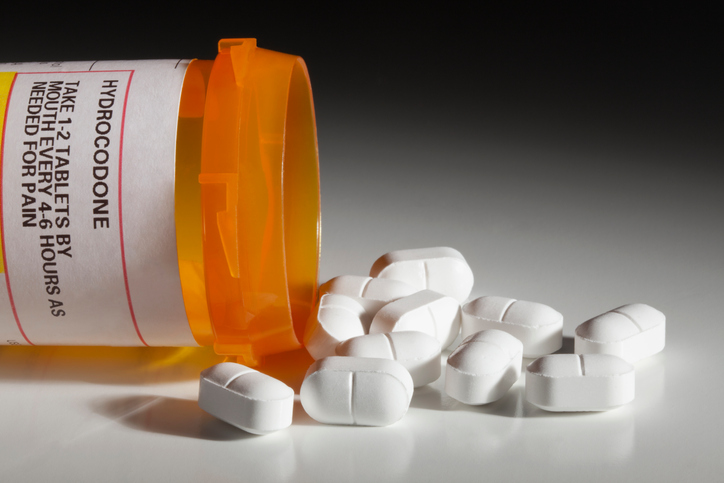 There is no way to sugarcoat the drug abuse problem that is currently sweeping the country – more Americans are dying from opioid abuse right now than in any other time in our history. The availability of these powerful painkillers has led to the over-prescription of them, resulting in abuse, addiction, and death. Since 1999, the rate of overdose deaths involving opioids—including prescription opioid pain relievers and heroin—nearly quadrupled, and over 165,000 people have died from prescription opioid overdoses. Prescription pain medication deaths remain far too high, and in 2014, the most recent year on record, there was a sharp increase in heroin-involved deaths and an increase in deaths involving synthetic opioids such as fentanyl.
There is no way to sugarcoat the drug abuse problem that is currently sweeping the country – more Americans are dying from opioid abuse right now than in any other time in our history. The availability of these powerful painkillers has led to the over-prescription of them, resulting in abuse, addiction, and death. Since 1999, the rate of overdose deaths involving opioids—including prescription opioid pain relievers and heroin—nearly quadrupled, and over 165,000 people have died from prescription opioid overdoses. Prescription pain medication deaths remain far too high, and in 2014, the most recent year on record, there was a sharp increase in heroin-involved deaths and an increase in deaths involving synthetic opioids such as fentanyl.
Over 78 Americans are dying every day from an opioid overdose and the strain is telling on the country’s ambulance services, emergency medical personnel, and first responders in general. Overdosed patients are clogging the system and tying up valuable resources needed for other individuals who, through no fault of their own, are in desperate need of immediate medical attention that is often committed to treating and transporting drug overdose cases.
In response, American Medical Response (AMR), the American Ambulance Association (AAA) and U.S. Senator Kelly Ayotte (R-N.H) have endorsed the Opioid Overdose Reduction Act of 2015.
Senator Ayotte, along with her colleagues Senators Edward J. Markey (D-Mass) and Tim Kaine (D-Va.), introduced the legislation in March to protect first responders, health professionals and family members trained in administering and steps to be taken after administering an opioid overdose prevention drug like naloxone (trade name Narcan) in an emergency incidence of drug overdose.
The Opioid Overdose Reduction Act would address this problem by exempting the following groups from civil liability:
- Individuals who work or volunteer at an opioid overdose program from any harm caused by the emergency administration of an opioid overdose drug that they provide as a part of an opioid overdose program;
- Health care professionals from any harm caused by the emergency administration of an opioid overdose drug that they prescribe or provide to any person provided that person receives education in the proper administration of the opioid overdose drug and steps to be taken after administration of the drug; and
- Individuals, including first responders, who administer an opioid overdose drug to a person who is or reasonably appears to have suffered an overdose provided they either are doing so pursuant to a prescription or they obtained the overdose drug from an overdose program or a healthcare professional and received education in the proper administration of the overdose drug, including steps to be taken after administration of the drug.
We’re a long way from fully solving the problem and ending the crisis, but this legislation is a crucial step in helping protect our frontline medical personnel and first responders in the battle against drug addiction.





